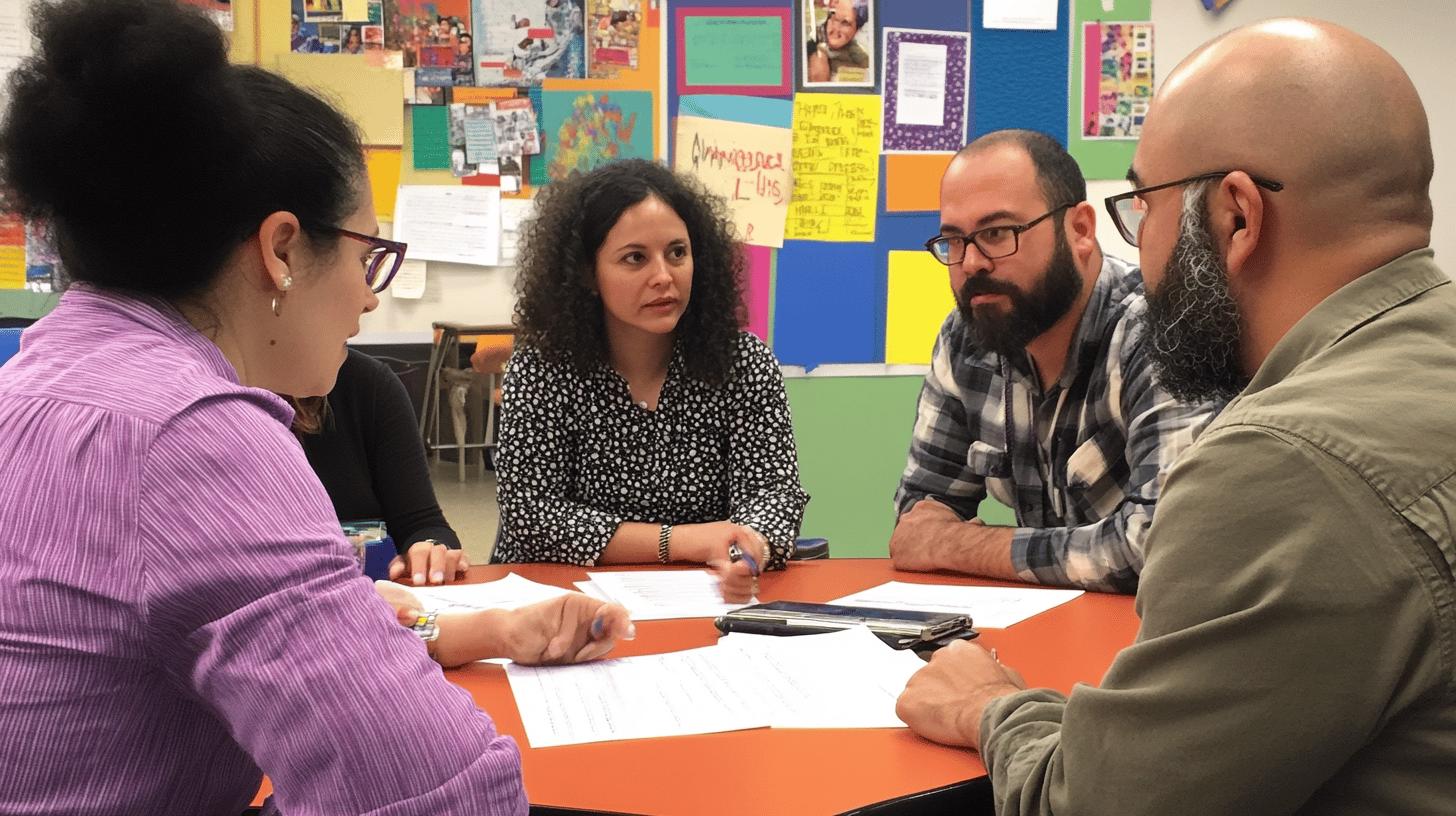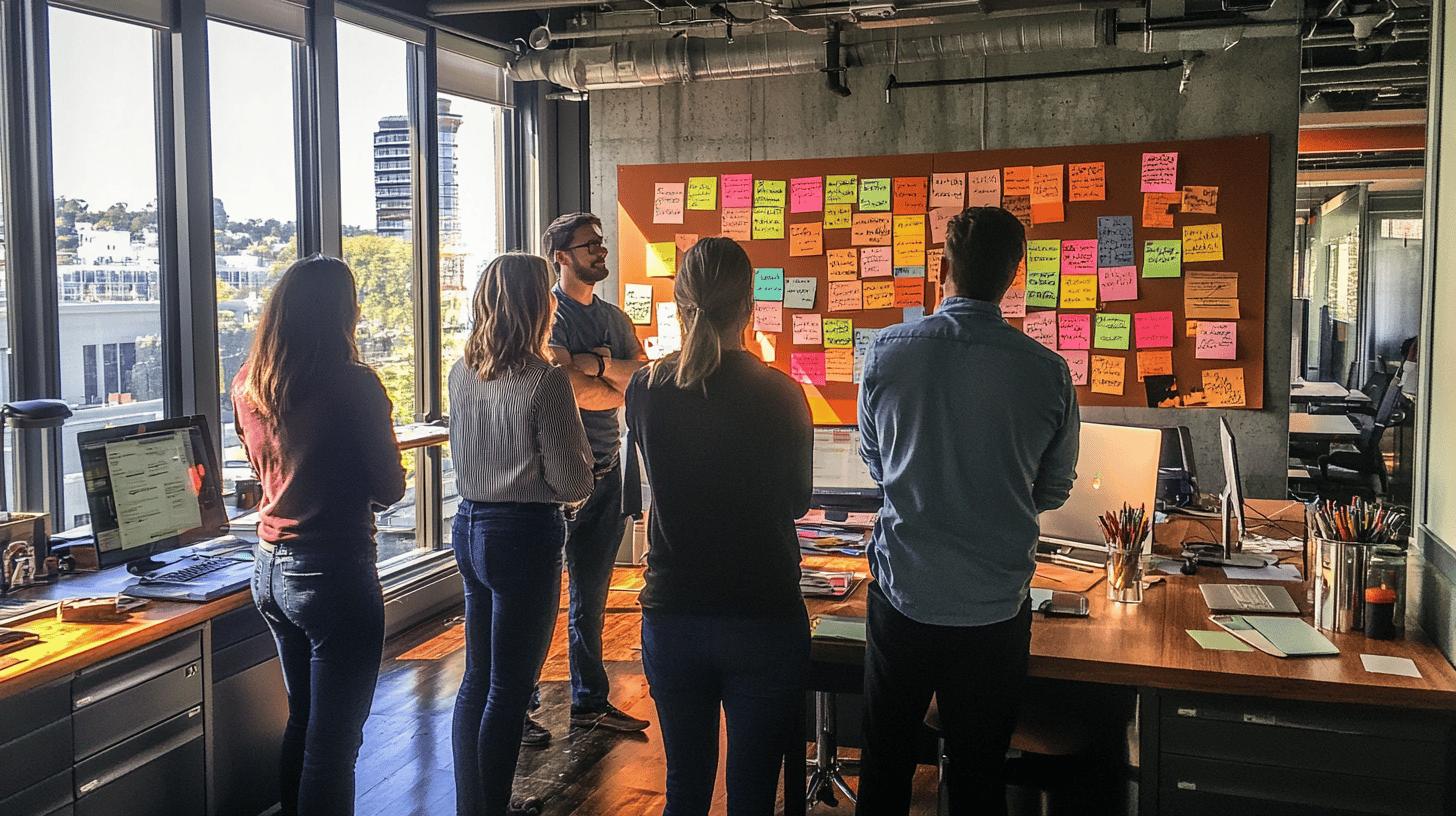Community grant programs play a vital role in enhancing local connections by funding projects that bring people together and strengthen communal ties. These programs are invaluable for nonprofits, community groups, and local government entities, offering resources that ignite positive change. Funds awarded through these initiatives support diverse endeavors—from community gardens to public art installations—each aimed at fostering a vibrant environment. Applications are often submitted through a streamlined online portal, ensuring transparency and efficiency. Deadlines vary, with some grants like the Creche Childhood Education Fund having specific application periods. By understanding and leveraging these opportunities, communities can embark on transformative projects that not only address local needs but also cultivate a richer, more connected neighborhood.

Community grant programs serve as crucial catalysts for community development grants, providing much-needed funding to local nonprofits, community groups, and government entities. These programs empower diverse groups to implement projects that enhance the quality of life and foster a sense of belonging. By channeling resources into initiatives like community gardens, public art installations, and educational workshops, these grants support endeavors that create long-term, positive impact within neighborhoods. Eligibility for most community grant programs typically requires applicants to be established nonprofits or recognized community organizations. The application process is streamlined through online portals, making it accessible and efficient. Deadlines vary, with some programs like the Community Interest Funds accepting applications from January 1 to March 1, while others, such as the Creche Childhood Education Fund and the Building Healthy Futures Fund, have more specific timeframes. Applicants are encouraged to carefully review eligibility criteria and program guidelines to align their proposals with community needs. Community grant programs offer a myriad of benefits that extend beyond funding. They nurture collaboration, enable access to critical resources, and stimulate community engagement. Some core benefits include:

Eligibility for community grant programs generally requires applicants to be established nonprofits, community groups, or local government entities. These requirements ensure that grants support projects with genuine community impact and organizational capacity. Understanding and aligning with these criteria is crucial for applicants to position their proposals effectively and increase their chances of success. The application process typically involves submitting a detailed proposal online. This proposal must clearly outline the project’s objectives, budget, and expected community benefits. Many programs, such as the Community Interest Funds, use a resident-led grantmaking model that emphasizes community input and transparency. Applicants benefit from thoroughly reviewing official program pages to grasp specific deadlines, eligibility nuances, and application instructions. The application process can be broken down into clear, actionable steps:

Community grant programs offer a diverse range of funding opportunities designed to support local projects that uplift neighborhoods and enhance community life. These grants cater to various initiatives, from strengthening neighborhood bonds to building organizational capacity and promoting creative public art. Funding amounts typically vary from a few hundred to several thousand dollars, enabling projects of different scales to thrive. Examples of community projects that have successfully received funding include:
-2.png)
Grant applications for community projects often face challenges such as limited collaboration, unclear communication, and difficulty in organizing diverse ideas. Engaging a robust community can significantly improve the strength and relevance of proposals. When community members actively participate, projects better reflect local needs and gain broader support, increasing the chances of securing funding. Journey serves as a vital platform to overcome these challenges by fostering genuine connections among like-minded individuals dedicated to community growth. Its vibrant, well-maintained environment encourages seamless sharing of ideas, resources, and experiences, creating a rich hub for collaborative project planning. This dynamic interaction empowers users to align their efforts, ensuring proposals are comprehensive and impactful. Key features of the Journey app that enhance community engagement in grant projects include:
.png)
A well-prepared grant application is crucial for increasing the chances of securing funding for community services grants, youth community grants, and nonprofit grant opportunities. Thorough planning and clear articulation of your project’s impact demonstrate commitment and relevance to funders. Understanding grant guidelines and aligning your proposal with the program’s goals ensures your endeavor speaks directly to community needs, enhancing its credibility and appeal. Follow these steps to prepare a robust grant application:

Adhering to application deadlines is crucial when applying for community grant programs. Many programs operate within specific funding windows, such as the Community Interest Funds, which accept applications from January 1 to March 1. Other initiatives, like the Creche Childhood Education Fund or the Building Healthy Futures Fund, follow their own timelines, often with deadlines around early February or August. Missing these deadlines can mean forfeiting opportunities for valuable support. Funding amounts in community grant programs vary widely to cater to diverse project scopes. Grants may range from several hundred dollars to several thousand, depending on the program and the initiative's scale. This financial variation allows both small-scale local efforts and larger community improvement projects to secure appropriate resources. Understanding these timelines and funding ranges helps applicants plan their endeavors effectively and align proposals with program expectations.
Careful review of application deadlines and funding ranges is critical. Planning ahead ensures applicants can craft thoughtful proposals that meet program requirements and maximize their chances for success. Platforms like Journey support this process by enabling vibrant communities where applicants can discuss timelines, share resources, and collaborate on their grant endeavors within a safe, well-maintained environment. This integrated approach fosters mutual support and sustained engagement throughout the grant application journey.

Accessing the right resources is crucial for successfully navigating community grant programs. Applicants should explore official grant portals, community foundation websites, and municipal grant program pages to find detailed eligibility criteria, application guidelines, and deadlines. These resources serve as essential guides, helping organizations align their proposals with funder priorities and avoid common pitfalls. Past funded projects offer valuable insights, showcasing effective strategies and community impact that applicants can learn from and adapt. Key resources to consult include:
Diving into community grant programs opens a world of opportunities to support local projects and enhance neighborhoods. Understanding grant eligibility and application processes is crucial for successful funding. The Journey app offers a unique platform for networking, boosting community engagement in grant projects.
Types of grants vary widely, from community gardens to public art installations. Leveraging resources and practical tips can strengthen your proposal. With the right tools and community support, including Journey's features, achieving successful funding for community grants is within reach. Embrace the potential to create meaningful community impact today.
Community grant programs for individuals often focus on specific needs, such as hardship grants or educational support. Examples include the $7,000 government grant for individuals and hardship grants for personal use.
Unrestricted grants for nonprofits can be obtained through programs that allow for flexible spending to support various organizational needs. Nonprofits should explore opportunities with foundations such as the Gates Foundation and the Ford Foundation.
Easy grants typically have simplified application procedures. The process usually involves filling out an online form, submitting a proposal, and demonstrating the project's potential impact on the community.
Individuals can seek free grant money by exploring government grants designed for personal financial assistance and bills, often detailed in lists of government grants for individuals.
Well-known foundations offering community grants include the Walmart Foundation, Gates Foundation, Coca Cola Foundation Inc, and W.K. Kellogg Foundation. These provide funding for various community-enhancing projects.
The Journey app helps with grant writing by enhancing networking, sharing ideas, and collaborative planning. It provides tools like peer feedback and supports joint efforts to meet grant requirements effectively.